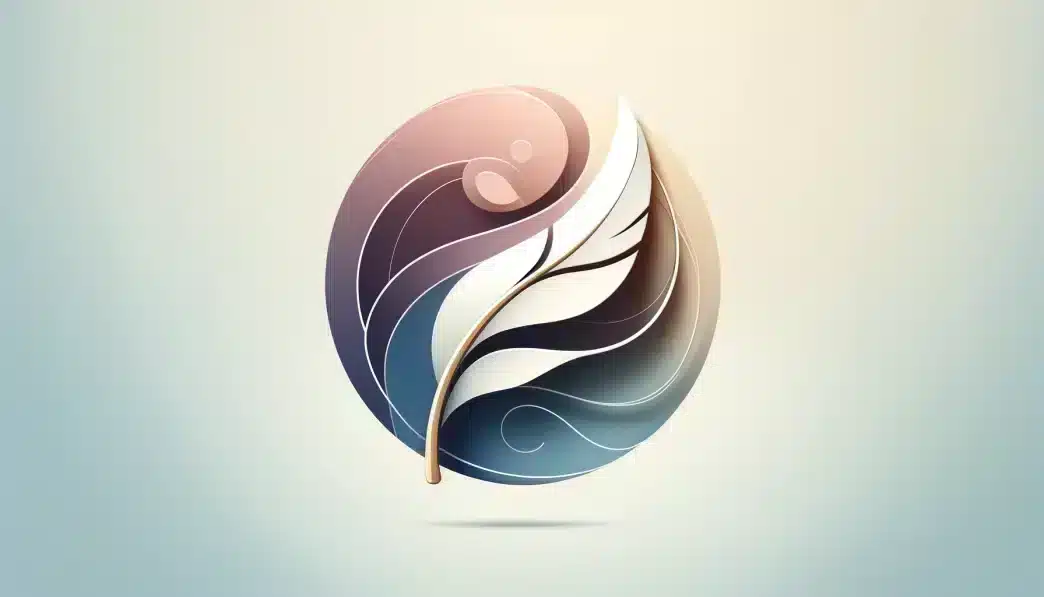What is World Poetry Day?
World Poetry Day is celebrated annually on March 21 to honor the art of poetry and its ability to inspire, educate, and unite people across cultures. Established by UNESCO, this day highlights the importance of preserving linguistic diversity, fostering creativity, and encouraging the expression of emotions and ideas through poetry.
The day serves as a platform to celebrate poets and their contributions, promote poetry education, and support the art form as a tool for social change and cultural dialogue. It is a time to reflect on how poetry continues to shape human history and enrich lives.
History and Origin
World Poetry Day was declared by UNESCO in 1999 during its 30th General Conference in Paris. The goal was to promote the reading, writing, and teaching of poetry worldwide, as well as to support small publishers and increase the visibility of poetry in media.
March 21 was chosen to coincide with the Spring Equinox, symbolizing renewal and creativity. Over the years, World Poetry Day has become a global celebration of the art form, inspiring events, readings, and workshops in communities around the world.
Who Celebrates World Poetry Day?
- Poets and Writers: Poets use the day to share their works, celebrate their craft, and connect with audiences.
- Educators and Students: Schools and universities organize poetry readings, writing competitions, and workshops to engage students in the art of poetry.
- Libraries and Bookstores: These spaces host readings, exhibitions, and events to highlight the works of local and international poets.
- Cultural Organizations: Groups promote poetry as a tool for cultural preservation, social change, and linguistic diversity.
- Individuals: Poetry enthusiasts celebrate by reading, writing, or sharing their favorite poems with others.
Slogans and Themes
World Poetry Day emphasizes the power of poetry to inspire creativity, preserve cultural heritage, and foster understanding. Themes often focus on linguistic diversity, freedom of expression, and the role of poetry in addressing social and environmental issues.
Common slogans include “Celebrate the Power of Words,” “Poetry for the People,” and “Connecting Cultures Through Verse.” These themes encourage individuals and communities to embrace poetry as a way to express emotions, tell stories, and build connections.
Colors, Symbols, and Patterns
Colors
- Blue: Represents creativity, peace, and expression.
- White: Symbolizes purity and the universal nature of poetry.
- Gold: Reflects the richness and value of poetic traditions.
Symbols
- Quill and Ink: Represent the art of writing and the timelessness of poetry.
- Open Book: Highlights the accessibility of poetry and its connection to literature.
- Spiral Designs: Symbolize the cyclical and evolving nature of poetic expression.
Patterns
- Flowing Lines: Reflect the rhythm and movement of poetry.
- Abstract Shapes: Represent the freedom and creativity inherent in the art form.
- Word Clouds: Emphasize the beauty and diversity of language in poetry.
How to Celebrate World Poetry Day
- Attend Poetry Readings: Join local or online events where poets share their works.
- Write a Poem: Use the day as an opportunity to express your thoughts and emotions through poetry.
- Share Your Favorites: Post your favorite poems on social media or recite them to friends and family.
- Support Poets and Publishers: Purchase poetry books or support small presses that champion poetic works.
- Host a Poetry Event: Organize a reading, open mic, or workshop in your community to inspire creativity and connection.
Most Used Hashtags
- #WorldPoetryDay
- #PoetryLovers
- #CelebratePoetry
- #PoetryForAll
- #WordsThatInspire
Why is World Poetry Day Important?
World Poetry Day is essential because it highlights the timeless value of poetry in human culture and history. Poetry transcends borders and languages, fostering empathy, understanding, and connection. It provides a medium for self-expression, helping individuals articulate emotions and share experiences in unique and meaningful ways.
By celebrating this day, communities around the world preserve cultural diversity, promote education, and ensure that poetry remains a vibrant and vital art form for generations to come.
Features
- Arts Literature and Music
